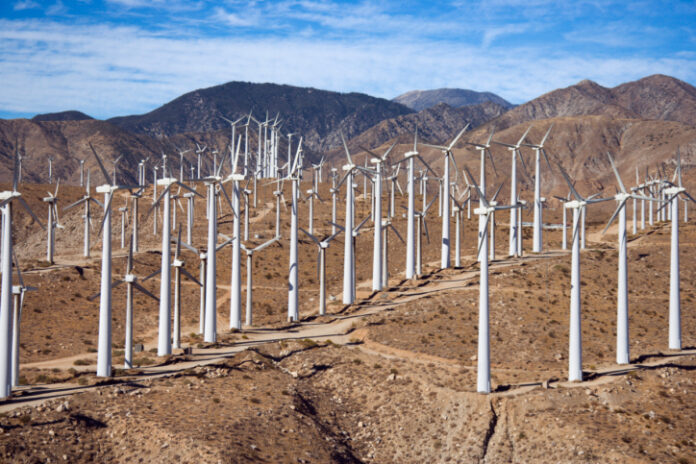A new proposal offered by the Federal Energy Regulatory Commission (FERC) gives additional federal support to renewable energy developers. FERC is the agency that regulates the interstate transmission, wholesale sale, and interstate pipeline transportation of electricity, oil, and natural gas.
FERC’s proposed rule encourages federal power entities, regional transmission organizations and independent system operators, and state public utility commissions to set a price on carbon dioxide emissions as a way to accelerate the development electric power sources that produce no carbon dioxide emissions during power generation.
Power Rules Benefitting Renewables
Solar and wind energy developers have received subsidies in the form of a federal production tax credit, and individual manufacturers and power developers have also received federal grants and loan guarantees amounting to tens of billions of dollar over the past three decades.
At the state level, solar and wind power developers have also received property tax abatements and, in 29 states, renewable power mandates require that a politically determined amount of the power electric utilities provide comes from wind and/or solar power. In addition, numerous states have enacted net metering provisions that force power companies to pay people with roof-top solar panels the retail price for any excess energy the panels generate.
Research shows these policies have increased the price of electric power to ratepayers in states that have instituted them relative to ratepayers in states without such policies.
FERC’s policy proposal provides an additional advantage to solar and wind power generating sources by allowing them to compete more effectively in wholesale electric markets, where lower cost sources of electricity, usually generated by coal, hydroelectric, natural gas or nuclear, has dominated. Power generators must bid-in power at a set price for delivering specific amounts of electricity for use within wholesale interstate markets.
If FERC finalizes its proposal as a formal rule, any state that imposes a tax, fee, or cap-and-trade system on electric power generators in its state will be disadvantaging traditional electricity generated using fossil fuels, relative to renewables, when competing to sell power on wholesale power markets. In the process, states offering significant, expensive, support to renewable power sources in the form of mandates and net metering schemes will be spreading the costs of such policies to ratepayers within the same regional power market, whose states have rejected such policies.
‘Properly Designed Policies’ Will ‘Not be a dead Letter’
FERC’s proposal came on the heels of a meeting in September, during which commissioners heard testimony from power market analysts, climate activists, power generators, and state regulators concerning the legal and economic consequences that could result from any decision FERC might make concerning state carbon dioxide pricing schemes.
Members of Congress have repeatedly introduced bills over the past two decades to impose a national pricing scheme on carbon dioxide emissions. None of these bills have been approved by a majority of members of both houses of Congress. FERC’s decision essentially replaces Congress’s judgement on the merits of carbon dioxide pricing schemes with that of a majority of the three member commission.
FERC’s October 13 decision effectively tells state regulators the commission would not reject out of hand taxes or fees intended to reduce carbon dioxide emissions, said Chairman Neil Chatterjee, a Republican appointed by President Donald Trump, in a statement.
“[Power market regulators] should have confidence that those proposals will be not be a dead letter on our doorstep . . . confidence that we recognize the benefits that such proposals, if properly designed, could bring to our markets,” Chatterjee stated. “Today’s proposal also puts down a marker signaling that this commission encourages efforts to develop wholesale market rules that incorporate a state-determined carbon price.”
One Commissioner Objects
One of the three sitting FERC commissioners, James Danly, objected to FERC’s proposal, saying the commission should not be issuing broad policy statements concerning the merits of carbon dioxide pricing schemes. Danly also said FERC’s proposal was unnecessary.
“Generally speaking, it’s preferable to wait to be in receipt of tariff filings, especially when you’re forging new programs like this,” Danly said at the hearing during which the FERC’s proposal was adopted. “It’s certainly premature to opine on jurisdictional questions when we are denied the benefit of actually seeing details of what might be proposed.”
FERC’s proposal is now proceeding with the formal rule making process, including a public comment period.


























